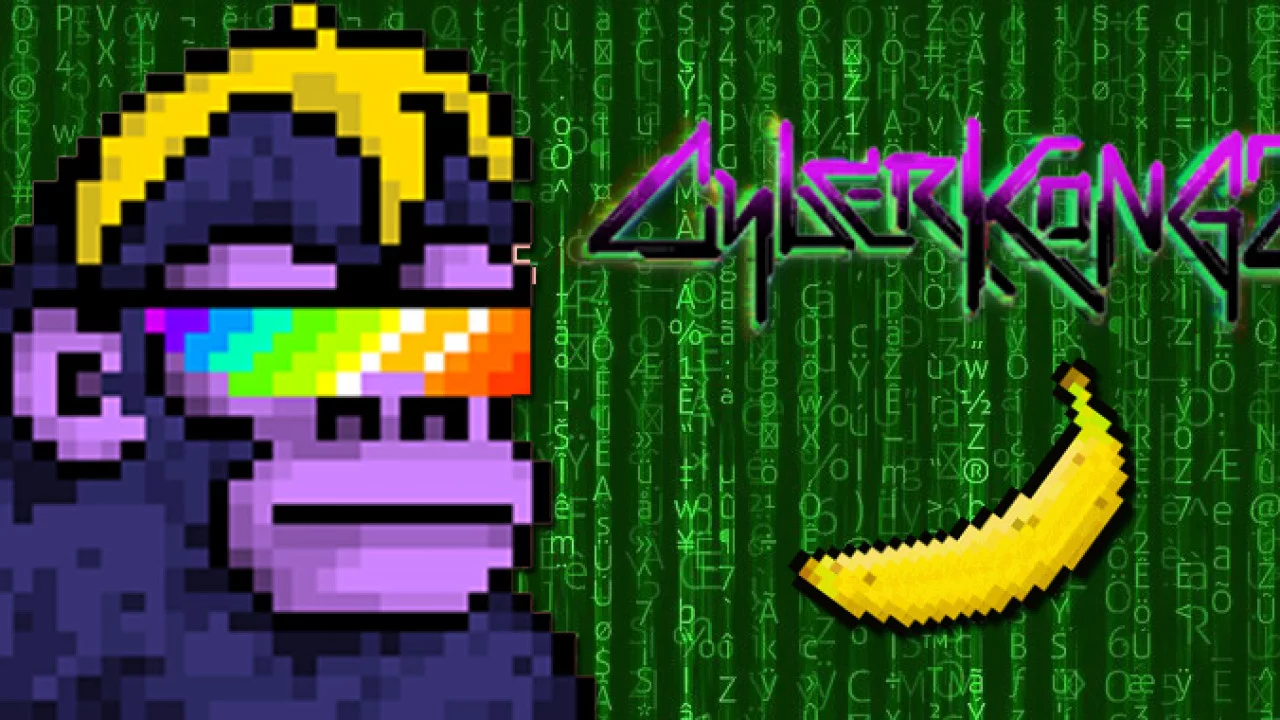The NFT collection CyberKongz announced late Monday that the SEC issued a Wells notice, signaling potential enforcement action over alleged securities law violations. The notice represents a critical moment for the project, highlighting ongoing tensions between innovative blockchain technologies and regulatory frameworks.
"We are extremely disappointed at the approach the SEC has taken towards us, but we are going to stand up and fight for a brighter future that holds more clarity for NFT projects," the project stated on X. The team emphasized its two-year struggle with regulatory scrutiny, criticizing the SEC's apparent lack of understanding of blockchain technologies.
CyberKongz Genesis: Pioneering NFT Profile Pictures
In March 2021, artist Myoo launched the CyberKongz project with 1,000 unique, randomly generated NFTs known as the Genesis Collection. These 34×34 pixelated gorilla images were groundbreaking, introducing a novel approach to profile picture (PFP) NFTs when the concept was still emerging.
The collection's strategic pricing at just 0.01 ETH made it accessible, contributing to its rapid popularity. CyberKongz effectively democratized the NFT space, allowing broader participation in the digital art and collectibles market.
Challenging Regulatory Misinterpretations
The project vehemently disputed the SEC's interpretation of its smart contracts, particularly challenging the regulator's view of a contract migration in April 2021 as a "sale." CyberKongz argued that the SEC's approach demonstrates a fundamental misunderstanding of blockchain technologies.
"It has become increasingly apparent that the current administration is trying to force their anti-crypto agenda at the last minute," the team declared. They pledged to fight for NFT projects across all blockchain networks, highlighting the industry's ongoing regulatory challenges.
The crypto community has consistently criticized the SEC's "regulation by enforcement" approach, particularly its application of the Howey Test to classify NFTs as securities. This method remains controversial, with many arguing it lacks clarity and disproportionately impacts innovative digital art platforms.
This challenge follows similar regulatory pressure on other NFT platforms, including a previous Wells Notice issued to OpenSea, the largest NFT marketplace. The ongoing regulatory scrutiny underscores the complex legal landscape surrounding blockchain-based digital assets.
 Nikolas Sargeant
Nikolas Sargeant







